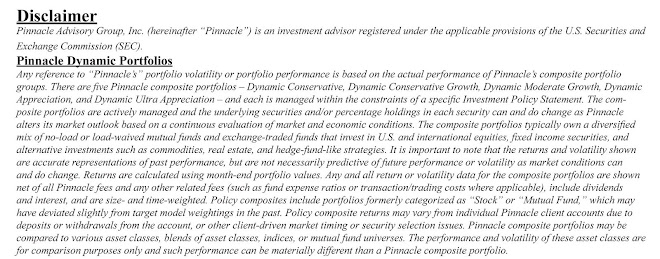``If you have a bazooka in your pocket and people know it, you probably won't have to use it,'' U.S. Treasury Secretary Hank Paulson said at a July 15 Senate Banking Committee hearing.
Lately I’ve been thinking about Mr. Paulson’s quote as investors somewhat squeamishly face down this weekend’s European Union summit in Brussels. The headlines are whipping around almost as fast as market prices as policy makers try to manage investor expectations on a daily basis. Lately it has been German policy makers who are trying to keep a lid on expectations, for the very understandable reason that when all of the sovereign debt guarantees go up in smoke, it will probably be German tax payers who are most on the hook to pay. The latest rumor occurred yesterday when the Guardian newspaper leaked a report saying that France and Germany had agreed on a €2 trillion package to rescue the Eurozone. The deal was to include additional guarantees for either public or private bondholders, and an agreement that European banks should be recapitalized to meet the 9% capital ratio that the European Bank Authority is demanding following its re-examination of the exposure levels of about 70 “systemic” banks. The markets rocketed higher until the rumor was squashed just before the market closed.
Pinnacle analysts now find themselves in the curious position of doubting the long-term efficacy of any policy remedy suggested by the troika -- including the EU, the ECB, and the IMF -- but fearing a massive bull market surge as investors commence panic buying to save their year. Clearly European policy makers have picked up the bazooka, but it seems like they might need something bigger, like a tank, or dare I say, a nuclear option? The leaked plan levers up the current EFSF by five times, turning it into the equivalent of AIG. If done, the EFSF will inevitably lose its AAA credit rating, and if that occurs there will be knock on consequences for the entire plan. The point being debated by the team is how the market will view the new plan. It seems as though the easy trade is to err on the long side as the market might believe that a couple trillion euros is bound to find its way into risk assets in the same way that the U.S. Quantitative Easing funds found their way into stocks and commodities. Our current view is that investors will see through the initial headlines and ‘sell the news.’ If so, it’s very possible that the current earnings season, which so far has been respectable, will be pushed from the headlines and Europe will once again take center stage.
It used to be that the weekends were for rest and relaxation and a chance to power down from the onslaught of news that impacts our investment outlook. Lately the weekends are a preferred time for policy makers to manipulate the news cycle, and so Pinnacle analysts have to follow events at the same time they root for their favorite football teams. By next Monday we may know whether or not investors have been rewarded with a bazooka blast, or whether policy makers have once again misfired and disappointed the market.
Stay tuned…
skip to main |
skip to sidebar
Subscribe via email
Who is Echoing from the Pit
This blog represents the individual opinions of the Investment Team at Pinnacle Advisory Group in Columbia, Maryland
The Investment Team comprises:
Ken Solow, CFP, CLU, ChFC
Rick Vollaro, CPA
Carl Noble, CFA
Sean Dillon
Sauro Locatelli
To learn more about Pinnacle please visit our website at http://www.pinnacleadvisory.com/
The Investment Team comprises:
Ken Solow, CFP, CLU, ChFC
Rick Vollaro, CPA
Carl Noble, CFA
Sean Dillon
Sauro Locatelli
To learn more about Pinnacle please visit our website at http://www.pinnacleadvisory.com/
About Me
- Echoes from the Pit
- Columbia, Maryland, United States
Pinnacle in the News
Blog Archive
-
▼
2011
(169)
-
▼
October
(13)
- The Wrong Tail of the Curve
- The European News: A Game-Changer or Bull Trap?
- Credit Markets Are Still Not Buying It
- Managing Money in a Manic Market
- ISM Manufacturing Index
- Does Europe Have a Bazooka in its Pocket?
- The Battle Continues
- The Most Important Characteristic
- Unemployment Insurance Claims and Challenger Layoffs
- A Bullish Divergence in Financials
- Short Squeeze or Sustainable Rally?
- My Vocational Moment
- Crossing a Line in the Sand
-
▼
October
(13)

